
Measurements of Success in Sports & Studies
You may have seen the new Netflix documentary ‘Beckham’, about one of England’s most well-known footballers. Near the start, Beckham talks about his school days

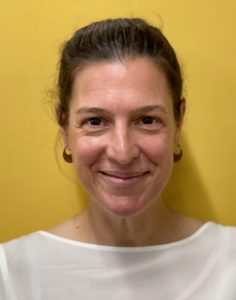
Jess Barga is an MYP/DP English Language & Literature / ToK teacher. Reflectiveness and impetuosity are two of various warring factions fighting for space in her soul.
After midnight a few nights ago, I wrote a long blog post about reflection. The next morning when I tried to cap it off with a tidy conclusion, I realised—upon reflection—that I’d gotten it completely wrong. My post was a mess. It was a holier-than-thou rumination that presented reflection as a method we can use solely to identify and address our own flaws and insecurities. Although that may be one function of reflection, it is far from the only one, and in fact when my students reflect on their defects and difficulties without also acknowledging their successes and growth, I always point it out. So here I am again, starting over.

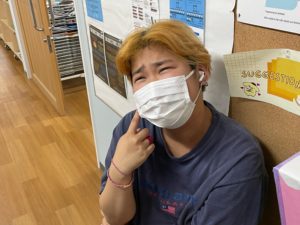
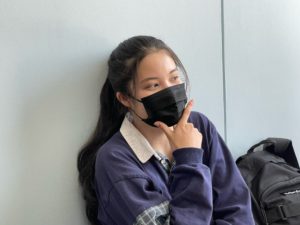
Here at OYIS, we seem to have a curricular crush on the concept of reflection. We ask our students to reflect before, during and after their units and whenever we conclude a significant learning engagement. A student who successfully completes our programmes is likely to be a finely-tuned reflection machine. And teachers lament the fact that some students find it really challenging to conduct genuine reflection. How, we ask ourselves, can we help them develop the reflective reflex?
Well, lately a troubling question has been nagging at me. Are we, the adults of OYIS, a reflective community? Do we model reflection for our students? Although I loosely think of myself as reflective, I can’t remember ever unpacking the term to ask myself some serious questions about it: What is reflection, anyway? Does it matter? And crucially, am I practising reflection, or just preaching it?
Although Merriam Webster defines reflection as “a thought, idea, or opinion formed or a remark made as a result of meditation” and the Cambridge Dictionary gives us the still broader “serious and careful thought,” I believe the reflection we’re talking about with our students goes beyond deep thought and demands that we direct that thinking inward. Mirrors reflect, and when we behold a mirror, the image that stares back is our own. After all, the IB Learner Profile distinguishes “thinkers” from “reflective,” linking the attribute to “our own ideas and experience,” as well as an awareness of “our strengths and weaknesses” that can “support our learning and personal development” (IBO). If we accept this interpretation of reflection, then it must matter: it forces us to inquire into who we are and how we approach the world, and then to build new learning and development upon that foundation of self-awareness.
This brings me to the most difficult question: do I conduct genuine reflection, as I so often ask my students to do? Whereas a student might be asked to reflect on the way they approached a complex task that called for imagination, research, planning, analysis and revision, I should ask myself about my professional choices as a teacher: did I work hard enough to ensure that the quiet students had as much time in conference with me as the ones who are always clamouring for attention? Did I involve the other members of my team in that decision, or did I overlook their opinions because I ‘knew’ I was right? Did I listen actively to my supervisor’s advice, or did I nod politely and then just forge ahead with my own ideas? Likewise, I should reflect honestly on my personal life: have I been trying to guilt trip my son into reading more, even though I know that this is the worst kind of parenting? Did I stop playing my fiddle or studying kanji because I had no time, or because I have little aptitude for either and was mortified by my mediocrity?
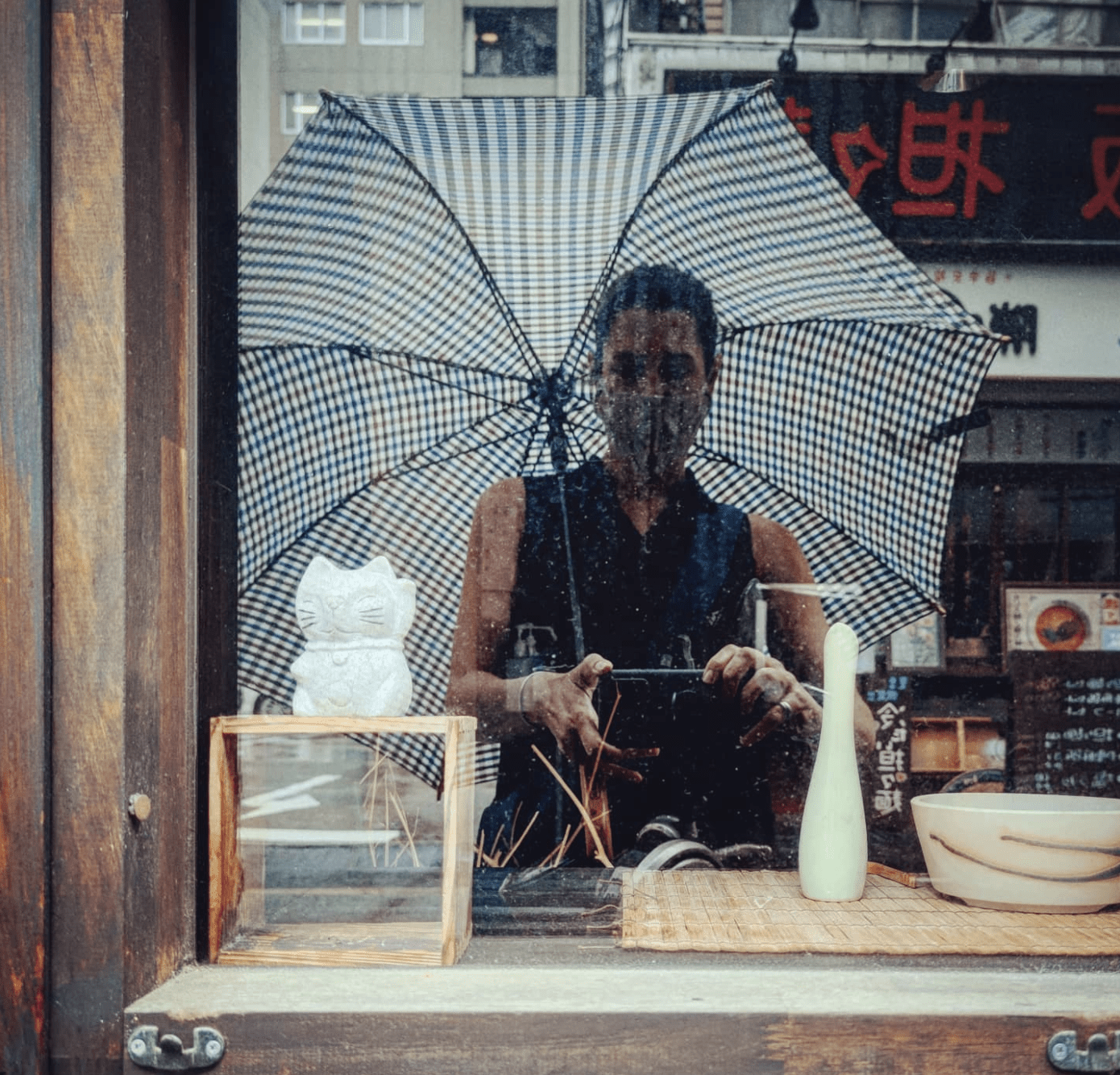

You may have seen the new Netflix documentary ‘Beckham’, about one of England’s most well-known footballers. Near the start, Beckham talks about his school days
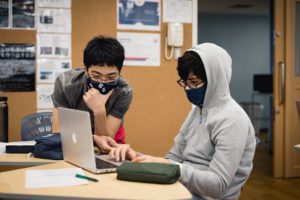
Students who are eligible for Grades 10 or 11 in August 2023 are invited to take the 2022 Scholarship Exam. This exam is the first step to potentially receiving the OYIS Achievement Award.
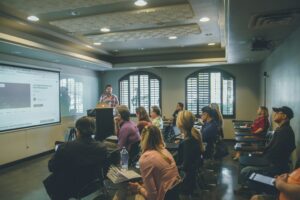
Osaka YMCA International School is hosting a professional learning event on Saturday, February 8, 2025. The focus of the sessions will be Rethinking Assessments, broken
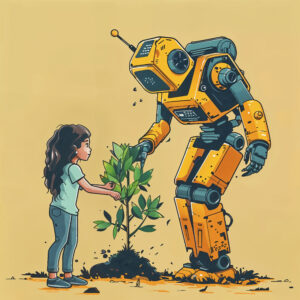
Since November 2022 when ChatGPT was released to the world, it’s seemed that AI has been everywhere in the news. Since then, AI has become
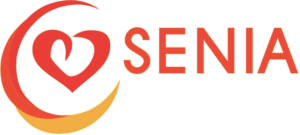
Celebrating Our Teachers: 5 Educators Earn SENIA Level 1 Certification! We are excited to announce that five of our dedicated teachers have recently completed their
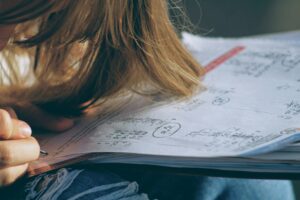
Being Good Enough vs Being Perfect The idea of having to achieve the highest level of perfection is something that often affects the best of
Click here to start your application
Sign in Here
Osaka YMCA International School – Copyright 2025